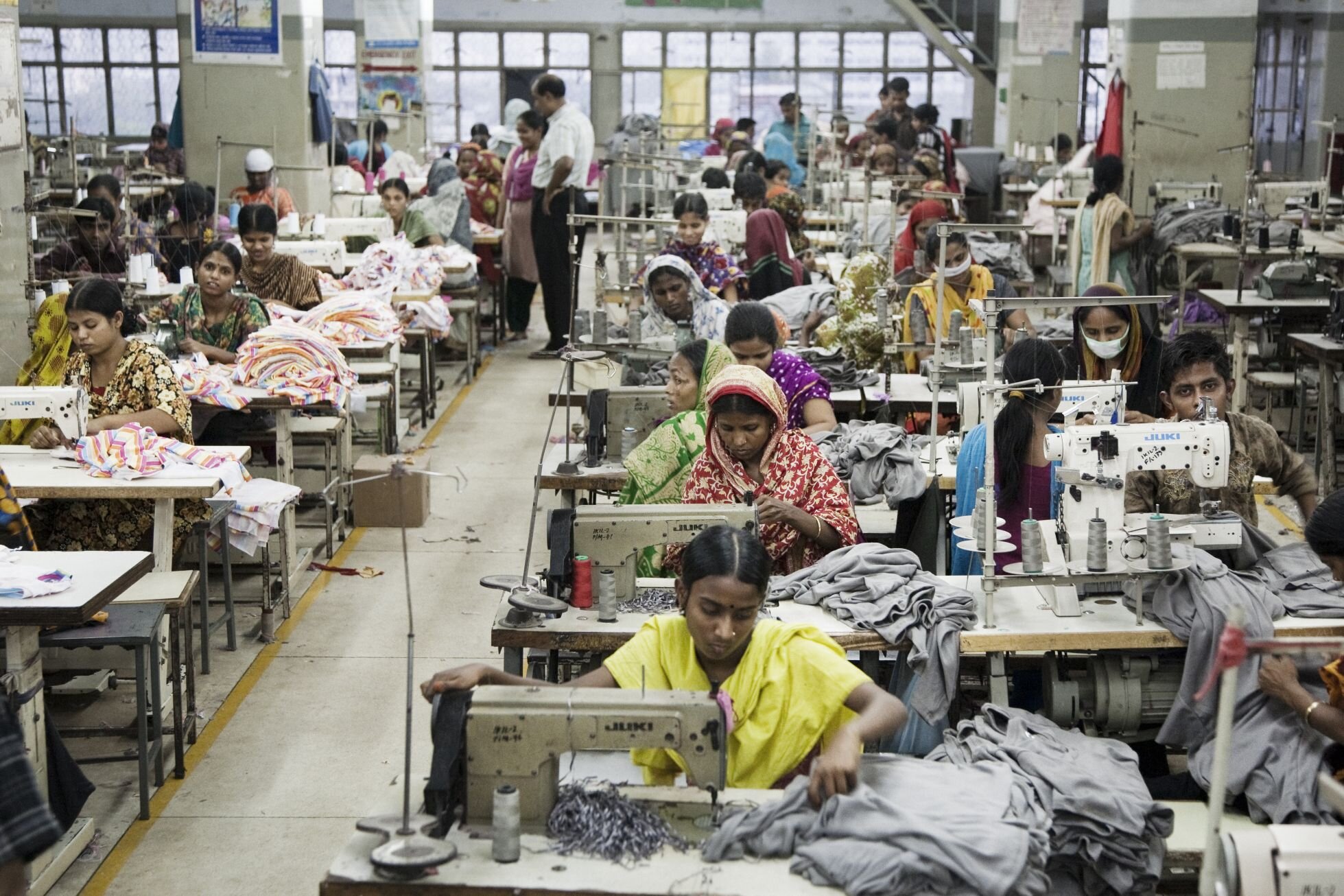Fast Fashion & Labor Abuse
Image: Clean Clothes Campaign
If you have ever taken an interest into why our planet’s climate is changing, then you may have come across the term “fast fashion.” Many of you may understand what fast fashion is already, but for those of you who don’t; fast fashion essentially refers to the way cheap clothes, that you may buy in stores such as Forever 21, H&M, or Urban Outfitters, are made. These types of clothes are often made using unsustainable materials such as polyester, which is made of petroleum, and the production of these clothes often leaves hazardous waste into waterways, the air, and the land. For a visual image, you may have seen photos of the Ganges River’s pollution, which is caused in part by fast fashion. Now that we understand the basics of what fast fashion does to our ecosystem, let’s briefly discuss about the factories they’re made in.
The last time you probably have heard of sweatshop was in history class when you learned about the Industrial Revolution, which incited our modern day manufacturing processes. These sweatshops still exist in droves in countries such as China, India, the Philippines, Bangladesh, Indonesia, and many more. They continue to exist in countries where we get our cheap clothes produced, since these countries often don’t have minimum wages set or allow for worker unions, thus labor abuse is rampant. Workers are paid far below a $15 minimum wage, for example H&M pays its workers in Bangladesh $0.49. Oftentimes Women and children are employed due to their vulnerable social status. Women often experience gender-based violence while on the job. These sweatshops, as expected are often built poorly, which caused a building to collapse on workers in Bangladesh in April 2013.
We know that fast fashion is environmentally destructive, but we also need to shed light on worker abuse within these factories. We need for these workers to have rights, and we need to make sure our sustainable fashion does not repeat the labor abuse patterns of fast fashion.
